Resources
Journal Issue. Full text is available online.
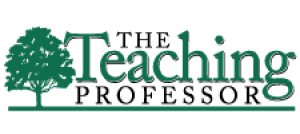
Journal Issue.
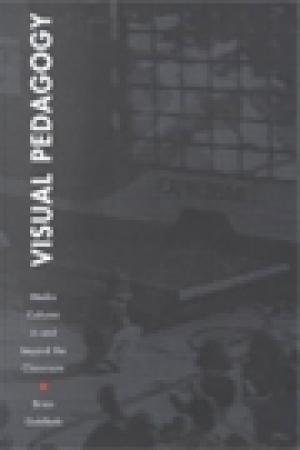
In classrooms, museums, public health clinics and beyond, the educational uses of visual media have proliferated over the past fifty years. Film, video, television, and digital media have been integral to the development of new pedagogical theories and practices, globalization processes, and identity and community formation. Yet, Brian Goldfarb argues, the educational roles of visual technologies have not been fully understood or appreciated. He contends that in order to understand the intersections of new media and learning, we need to recognize the sweeping scope of the technologically infused visual pedagogy both in and outside the classroom. From Samoa to the United States mainland to Africa and Brazil, from museums to city streets, Visual Pedagogy explores the educational applications of visual media in different institutional settings during the past half century. Looking beyond the popular media texts and mainstream classroom technologies that are the objects of most analyses of media and education, Goldfarb encourages readers to see a range of media subcultures as pedagogical tools. He illuminates the educational uses of visual technologies in schools and other venues. The projects he analyzes include media produced by AIDS/HIV advocacy groups and social services agencies for classroom use in the 90s; documentary and fictional cinemas of West Africa used by the French government and then by those resisting it; museum exhibitions; and TV Anhembi, a municipally sponsored collaboration between the television industry and community-based videographers in Sao Paolo, Brazil. Combining media studies, pedagogical theory, and art history, and including an appendix of visual media resources and ideas about the most productive ways to utilize visual technologies for educational purposes, Visual Pedagogy will be useful to educators, administrators, and activists. (From the Publisher)
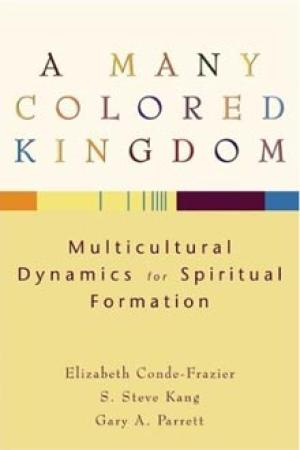
A Many Colored Kingdom explores Christian formation and teaching in the church, with a particular focus on intercultural and interethnic relationships. Well qualified to speak on issues of diversity, the authors describe relevant aspects of their own personal journeys, presented in compelling narrative form. They go on to identify key issues emerging from their Scripture studies and teaching experiences. A final chapter contains a conversation among the authors as they respond to one another's insights and concerns. This book will be required reading for those engaged in as well as those preparing for a life of teaching and ministry in our increasingly multicultural world. (From the Publisher)
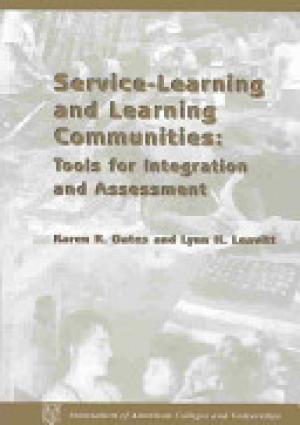
"This publication attempts to provide fundamental theory about service-learning and learning communities, along with descriptions of best practices, lessons learned, and assessment strategies. The text is designed to provide resources to help readers offer service-learning experiences for their students. Learning communities are now commonly structured into colleges and universities across the United States, and research suggests that they increase student engagement and persistence. Coupling learning communities and service learning provides contexts for learning and deepens students' learning experiences, but it requires adjustments to the organization, management, and planning of activities for the course."
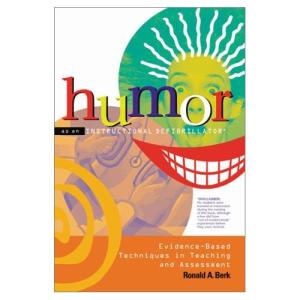
Grab those paddles. Charge 300. Clear! "Ouch!" Now how do you feel? "Great!" Humor can be used as a systematic teaching or assessment tool in your classroom and course Web site. It can shock students to attention and bring deadly, boring course content to life. Since some students have the attention span of goat cheese, we need to find creative online and offline techniques to hook them, engage their emotions, and focus their minds and eyeballs on learning. This book offers numerous techniques on how to effectively use humor in lectures and in-class activities, printed materials, course Web sites and course tests and exams. These techniques can convert any course into an adult version of Sesame Street. (From the Publisher)
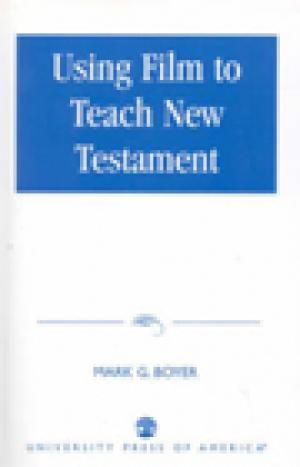
Boyer describes a teaching method which uses popular movies to explore themes encountered in the New Testament. Topics include, for example, martyrdom in Witness and The Gospel of Luke and apocalypse in Waterworld and The Book of Revelation. A modernized film interpretation of Shakespeare's Rome. (From the Publisher)
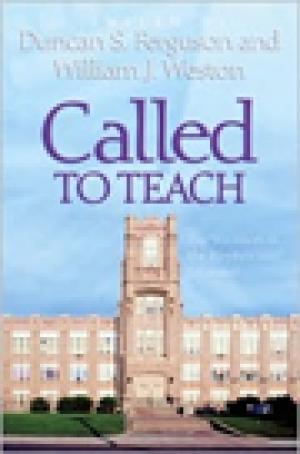
Presbyterian educators Duncan Ferguson and William Weston argue that the calling to teach in higher education is distinctively Reformed and a primary mission of the Presbyterian church. This collection of essays first lays the biblical, theological, and historical foundations for this calling, then explores how it is lived out today in educational institutions -- church-related as well as secular. Concluding that today's church must have the nurture of the teacher as a central part of its mission, Called to Teach will be a welcomed resource for all those who have the vocation of teaching. (From the Publisher)